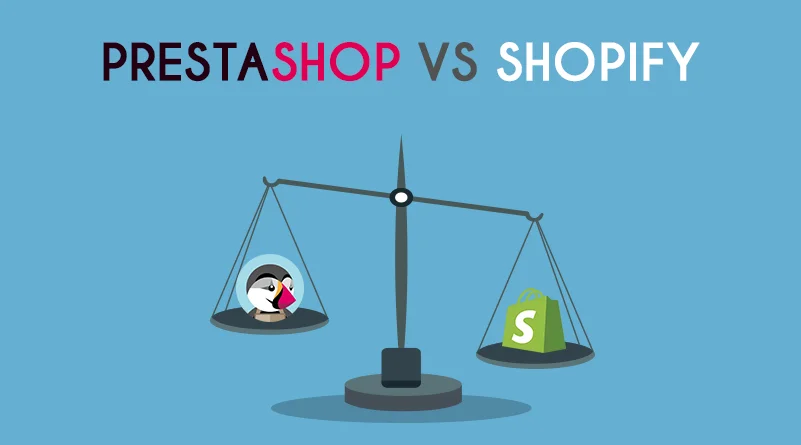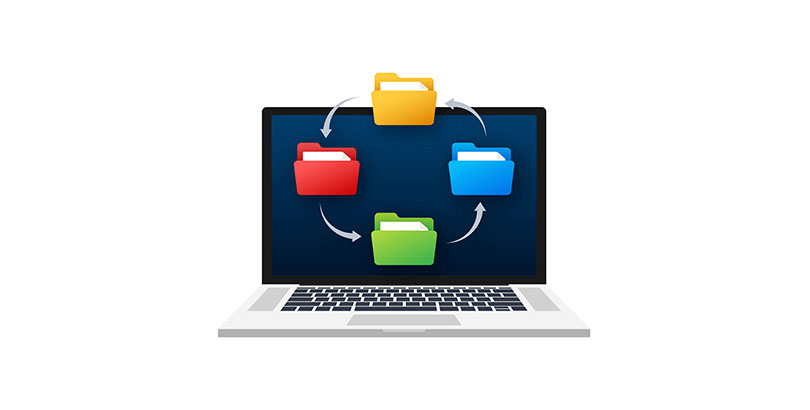The retail industry in Kenya is changing quickly. Shoppers expect personalized experiences, accurate product recommendations, and seamless service whether they buy in store, through WhatsApp, or on an ecommerce site. Competition is rising as more businesses embrace digital channels, and retailers who rely on guesswork risk losing customers to smarter competitors. This is where customer analytics becomes a game changer.
Customer analytics helps retailers understand who their customers are, how they shop, what they prefer, and what influences their decisions. Instead of making blind assumptions, retailers can use data to guide pricing, promotions, inventory planning, and customer engagement. The result is a retail business that feels modern, organized, and intentionally built for its audience.

Why Customer Analytics Matters for Kenyan Retailers
Customer behaviour in Kenya is evolving. Shoppers move between physical stores, social platforms, mobile money channels, and ecommerce websites. Without analytics, retailers cannot track these interactions or understand what drives sales. Customer analytics gives retailers a clear picture of buying patterns, spending habits, and product preferences.
It also helps businesses predict demand. When a retailer can see which products are trending in Nairobi or which categories are slowing down in Mombasa, they can adjust inventory before stock outs or dead stock become a problem. This reduces losses and improves overall cash flow.
Marketing is another area that benefits. Instead of sending generic promotions, businesses can target specific customers based on their interests. For example, a supermarket can identify families with young children and send them diaper or school snack promotions. A fashion store can target frequent buyers with early access to new arrivals. Personalized marketing always performs better because it feels relevant and thoughtful.
Customer analytics also supports better pricing decisions. Retailers can see which products are price sensitive, which ones shoppers buy in bundles, and which items sell even with slight price adjustments. Smart pricing strategies always lead to better margins and increased loyalty.

The Role of Technology in Data Driven Retail
Technology is the backbone of effective customer analytics. Modern POS systems, loyalty programs, ecommerce platforms, and cloud based inventory tools capture valuable data every moment a customer interacts with a brand. When these systems are connected, retailers gain a complete view of purchasing behaviour across all branches and channels.
Mobile money transactions provide additional insights. Payments made through M Pesa or Airtel Money help retailers understand spending cycles and peak periods. For example, some retailers notice an increase in purchases during specific dates of the month due to salary patterns, and they adjust their promotions accordingly.
WhatsApp commerce and social selling also add new layers of data. Retailers can see which products customers inquire about the most, which messages drive conversions, and which customers frequently return. This information helps improve communication and customer service.
AI driven tools take this even further by offering predictions, automated recommendations, and smart segmentation. With AI, retailers can anticipate needs, optimize stock levels, and reduce manual planning.
Real World Benefits for African Retail Businesses
Across Kenya and Africa, businesses that adopt customer analytics often see improved performance within months. A cosmetics shop using loyalty data can identify which products women aged between twenty and thirty buy most and adjust stock accordingly. The same retailer can also create personalized bundles that increase average order value.
A mid sized electronics retailer can track which branches perform best and which products rarely move. With this information, they can optimize stock transfers, reduce overordering, and improve profitability.
Supermarkets using analytics often discover that certain categories peak at specific times of the month. With this knowledge, they can plan restocking cycles and maximize sales. They also gain insights on which promotions are effective and which ones fail to drive return customers.
Data empowers every type of retailer, whether they run a fashion boutique, a hardware store, a supermarket, an agrovet, or an ecommerce site.

How E Startups Kenya Helps Retailers Harness Data
E Startups Kenya provides retail technology solutions built for both small and large businesses across the country. Our systems collect and organize customer data from POS terminals, ecommerce sites, social commerce channels, and mobile money payments.
We help retailers implement cloud based dashboards that display real time sales trends, customer segments, and product performance. With these insights, retailers can make confident decisions that grow revenue and improve customer experience.
Our solutions support loyalty programs, branch wide analytics, predictive stocking, automated reporting, and AI based recommendation engines. We also integrate M Pesa, Airtel Money, bank payments, and online checkouts so businesses have a unified view of customer behaviour.
By partnering with E Startups Kenya, retailers receive more than just tools. They gain strategic guidance on how to use analytics to attract customers, retain loyalty, and scale sustainably.
FAQs
What is customer analytics in retail?
It refers to using customer data such as buying habits, preferences, and behaviour to improve decision making and create better shopping experiences.
Can small retailers in Kenya use customer analytics?
Yes. Even small POS systems and mobile payment records provide valuable insights. E Startups Kenya offers solutions tailored to small businesses.
Does customer analytics improve sales?
Absolutely. Retailers who understand customer behaviour can create better promotions, stock smarter, and target customers more effectively.
Is customer data secure when using cloud tools?
Yes. Professional systems use encryption, access controls, and secure servers to protect sensitive information.
How quickly can a retailer start seeing results?
Most retailers begin seeing improvements in stock accuracy, customer engagement, and sales performance within weeks of adopting customer analytics.
Conclusion
Retailers who want to stay competitive in Kenya must embrace data driven decision making. Customer analytics gives businesses the clarity they need to understand shoppers, optimize operations, and deliver meaningful experiences across every channel. As consumer expectations evolve, data becomes the foundation of successful retail growth.
Partner with E Startups Kenya to unlock the full power of analytics and transform your retail business into a modern, efficient, and customer focused brand.




























